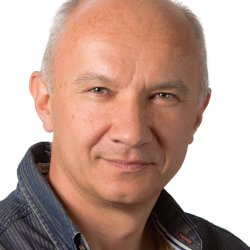
Prof. Artur Ekert FRS
University of Oxford
Andrew Wiles Building
Radcliffe Observatory Quarter
Woodstock Road
Oxford
OX2 6GG
Andrzej Dragan et al, Relativity of superluminal observers in 1 + 3 spacetime, 2023 Class. Quantum Grav. 40 025013
Andrzej Dragan and Artur Ekert, Quantum principle of relativity, 2020 New J. Phys. 22 033038
Artur Ekert and Renato Renner, The ultimate physical limits of privacy, Nature 507, 443–447 (27 March 2014).
Lecture-notes / e-book Introduction to Quantum Information Science .
Oxford students should also consult course C7.4 website.
My research extends over most aspects of information processing in quantum-mechanical systems. It is a cross-disciplinary field bringing together theoretical and experimental quantum physics, computer science and information theory. Its scope ranges from deep fundamental issues in physics to prospective commercial exploitation by the computing and communications industries.
My work is mostly theoretical but its results also bear directly on issues of experimental implementation. One reason why it has attracted attention from industry and government agencies is that quantum cryptography can guarantee perfectly secure communication. Another is that projected quantum computers will be capable of efficiently solving some problems (including factorisation, which has a bearing on cryptanalysis) for which there is believed to be no efficient classical algorithm.


